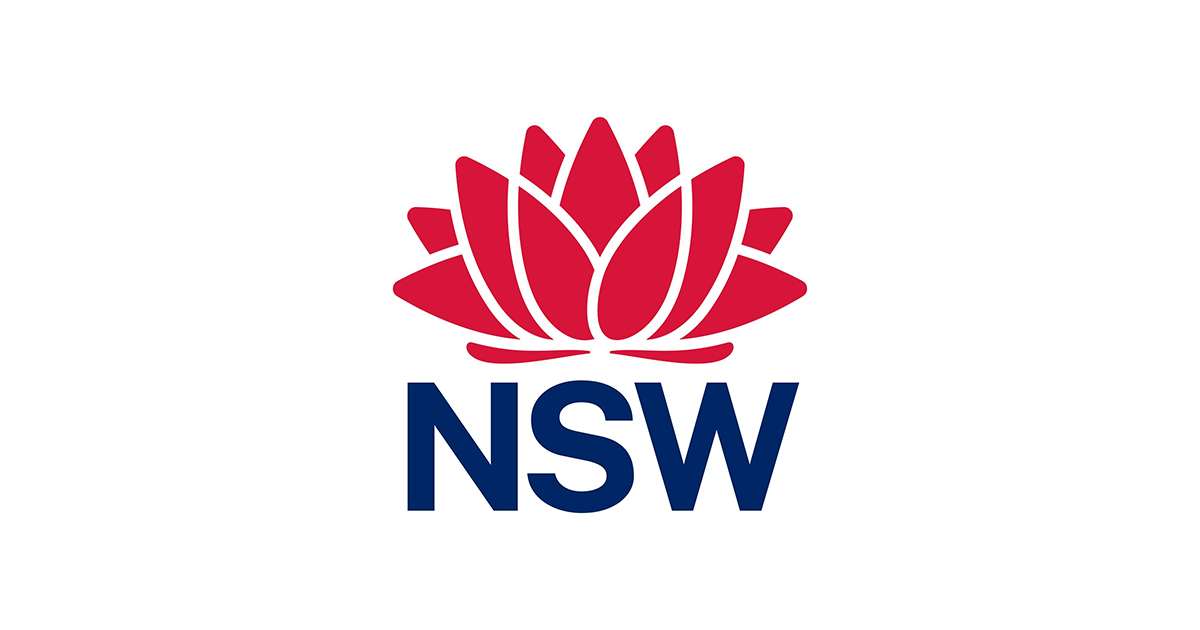steve_bank
Diabetic retinopathy and poor eyesight. Typos ...
Anything that puts blacks in a negative light is racist.
The solution in Seattle is to remove categories deemed racist.
More blacks riding bikes without helmets were being stripped by police than whites so the solution is to remove the helmet law.
I think harm has been done to the black community by black leaders amplified by media declarers all issues racist. It gives blacks excuses.
I am not whitewashing the historical and current problems, however 'playing the race card'' has become a convenient excuse to hide behind.
That being said from all the commentary on vaccinations I have heard I did learn one thing. Us whites who think we understand probably do not grasp the deep fear and suspicions in black culture based on events like Tuskegee.
The solution in Seattle is to remove categories deemed racist.
More blacks riding bikes without helmets were being stripped by police than whites so the solution is to remove the helmet law.
I think harm has been done to the black community by black leaders amplified by media declarers all issues racist. It gives blacks excuses.
I am not whitewashing the historical and current problems, however 'playing the race card'' has become a convenient excuse to hide behind.
That being said from all the commentary on vaccinations I have heard I did learn one thing. Us whites who think we understand probably do not grasp the deep fear and suspicions in black culture based on events like Tuskegee.


